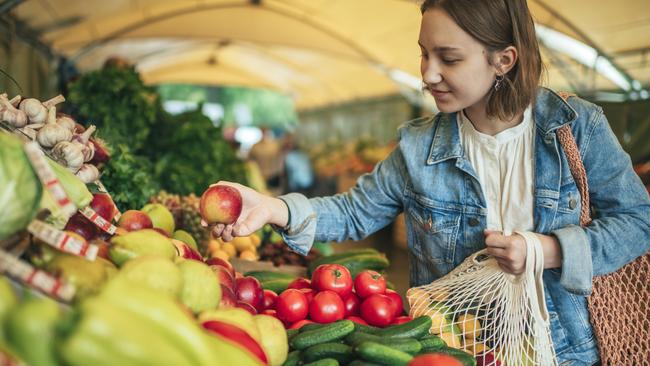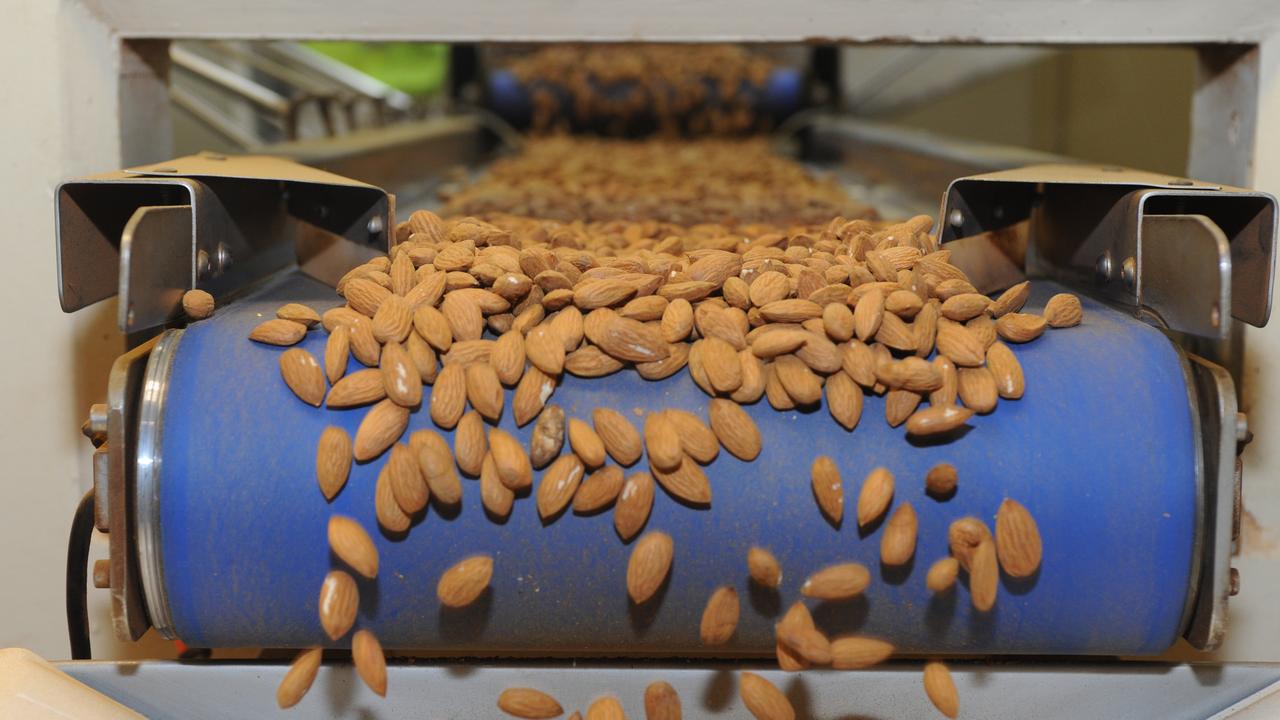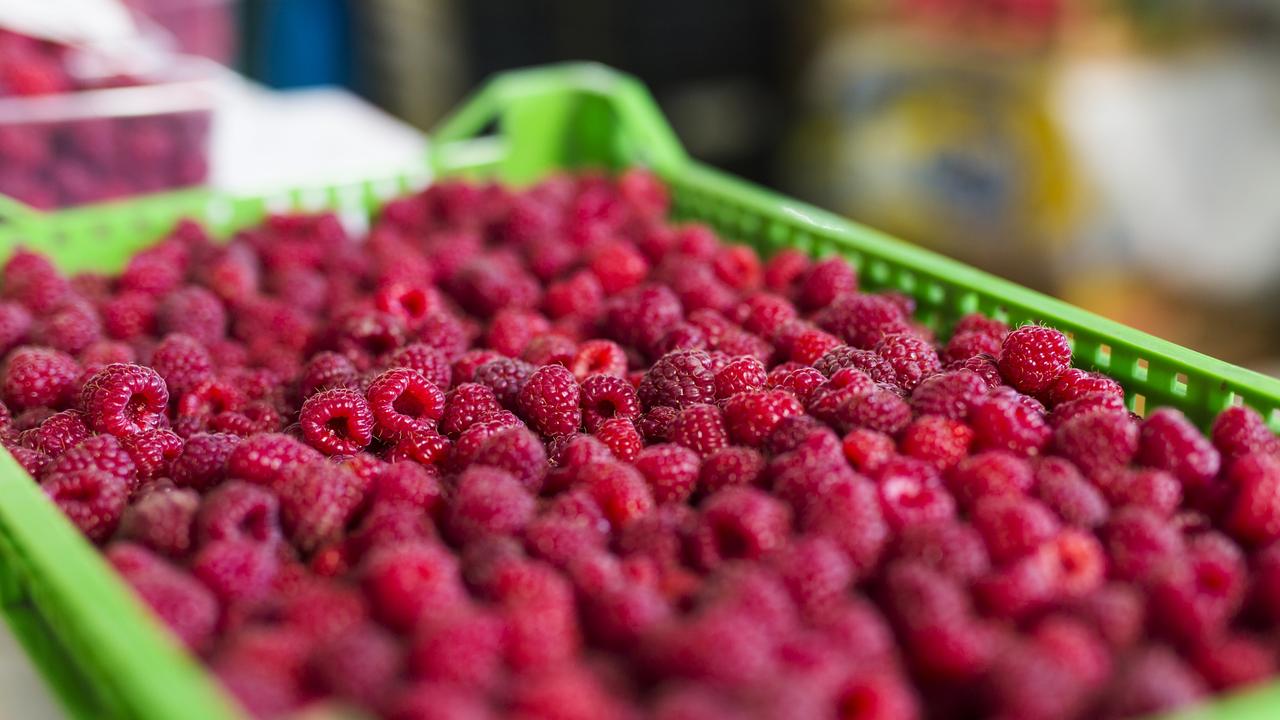Australian organic industry pushes for major reform around labelling
Australia’s organic industry is pursuing major reforms that would mandate organic certification for any producer wanting to label their goods as “organic”.

CLAIMING a product is organic without certification could soon be illegal in Australia.
The nation’s $2.6 billion organics industry is pushing the Federal Government to force anyone selling “organic” produce within Australia to have certification.
Currently producers and companies do not have to be certified to label their goods “organic”. The industry is arguing this is a double standard given only certified organic produce can be exported.
Peak industry body Australian Organic is leading the charge for a domestically regulated industry to correct an oversight they say makes Australia the only developed nation in the world without a consistent approach to organic production.
Their push is being backed by the National Farmers’ Federation, which this month called for consistent regulation for organic farming among its strategies for agricultural reform to recalibrate the economy from the effects of COVID-19.
Producers can gain certification through any of the six Department of Agriculture approved certifying organisations, with each certifier adhering to minimum standards set out in the Department’s National Standard for Organic and Bio-Dynamic produce.
Australian Organics chief executive Niki Ford said the national standard, called the Australian Export Standard, was introduced in 1992 and was always meant to be enforced domestically.
“Due to unknown reasons, this never occurred and has never been addressed,” she said, adding the lack of regulation around the word organic has been enormously limiting for the industry. “There are businesses using the claim but not going through the process. These operators who have been certified for decades deserve the credibility.”
Baxter farmer Natasha Shields, who owns Peninsula Fresh Organics with her husband Wayne, said it was frustrating selling produce at farmers’ markets alongside other stallholders who claimed to be organic because they were chemical-free.
Their business also supplies Coles, Woolworths and is sold at wholesale markets in Melbourne, Sydney and Brisbane.
“We do the right thing, but we’re up against people who say their products are organic but don’t have certification,” she said.
Niki Ford said another grievance of the current system was that it discouraged other nations from recognising Australia’s organic standards, putting the burden on growers to achieve certification at home as well as in their export markets.
Australian Organic is advising the Department of Agriculture and hoped an outcome would be reached within six to nine months.
New federal export regulations are being drafted to replace the current system that treats the organic industry separately from other agricultural exports.
MORE
DEMAND FOR ORGANIC PRODUCE BOOMS



